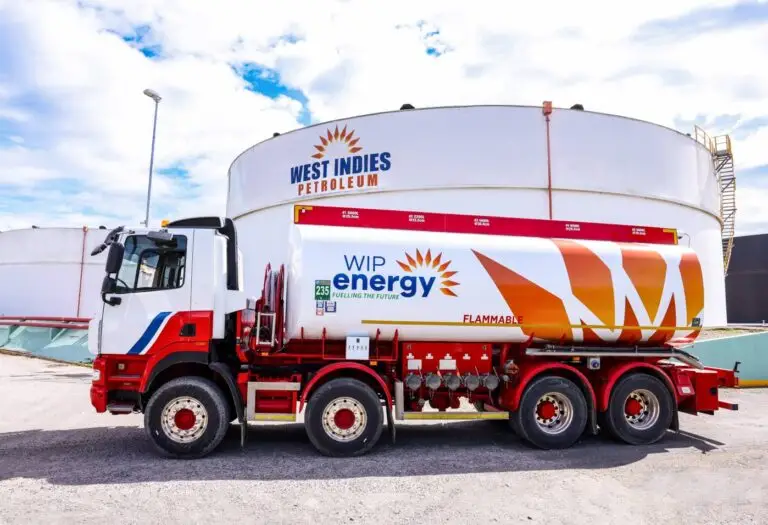In a decisive step to strengthen its foothold in Jamaica’s energy landscape, West Indies Petroleum Limited has launched a new entity called WIP Energy Limited. This freshly minted operation is tasked with driving the company’s retail and commercial fuel business, signaling a strategic redirection to capture a bigger share of the local market.
A Shift in Focus
Founded in 2013, West Indies Petroleum initially centered its efforts on maritime fuel (bunkering) and regional supply. By establishing WIP Energy as a separate business, the parent company aims to concentrate exclusively on bunker services and regional sales, while the new subsidiary zeroes in on domestic fuel distribution.
According to Charles Chambers, Chief Executive Officer of West Indies Petroleum, this separation has been in the pipeline for nearly a year. “We are transitioning aggressively toward profitability,” he explained. “So it made sense to split the operations, equip each entity with the right leadership, and focus on enhancing performance. Our vision is to ensure each company has the right size, governance, and resources to thrive.”
Building on Existing Partnerships
WIP Energy steps into a vibrant sector, supplying around 80 percent of Jamaica’s independent petrol stations—collectively responsible for roughly a third of the island’s total fuel sales. By dedicating resources to this core area, WIP Energy expects to ramp up operational efficiency and widen its footprint.
“The retail and commercial segments demand unique strategies,” Chambers observed. “Now that WIP Energy is an independent unit, we can dedicate our best minds to serving those markets, drive growth, and seize opportunities faster than ever.”
Leadership for the Future
Reflecting the importance of this new venture, WIP Energy’s board features an impressive roster of industry and business stalwarts. At the helm is Patrick Hylton, the former Chief Executive Officer of NCB Financial Group, taking on the role of chairman. He is joined by his past deputy, Dennis Cohen, as an independent director. Additional independent board members include Winston Watson—an ex-group general manager at Petrojam Limited—and attorney-at-law Kathryn Lewis Green.
On the corporate side, WIP Energy gains support from seasoned professionals such as Gordon Shirley, alongside West Indies Petroleum executives Danville Walker, Tarik Felix, and Charles Chambers himself. Wayne Fraser, formerly head of operations at the parent company, has been named general manager of WIP Energy.
Chambers expressed confidence in the leadership lineup: “Securing talented individuals who possess deep expertise in finance, operations, and the petroleum industry was paramount. We believe this team will guide WIP Energy to reach new heights of profitability and efficiency.”
Eyeing 2025 and Beyond
With WIP Energy now carved out, Chambers sees 2025 as a pivotal year. “We’ve laid a strong foundation in 2024, and the upward momentum should translate into surpassing our targets in the following year,” he stated. “At present, we supply about 30 percent of the island’s fuel for the service station market. Our goal is to expand both locally and throughout the region, capitalizing on every opportunity for growth.”
Although West Indies Petroleum remains a privately owned firm for now, Chambers acknowledged that the possibility of taking the company public is “never off the table,” leaving the door open for future investment options.
A Regional Vision
Beyond the standalone ambitions of WIP Energy, Chambers underscored that the parent company is forging partnerships aimed at bolstering both bunkering services and domestic distribution. “We are combining top-tier governance, operational expertise, and strategic alliances. This approach is designed to transform West Indies Petroleum into a regional force in the near future.”
By dedicating a separate arm to retail and commercial distribution, West Indies Petroleum aims to unleash fresh potential for sustainable growth, all while setting the stage for WIP Energy to become an influential player in Jamaica’s energy sector—and eventually, beyond.






